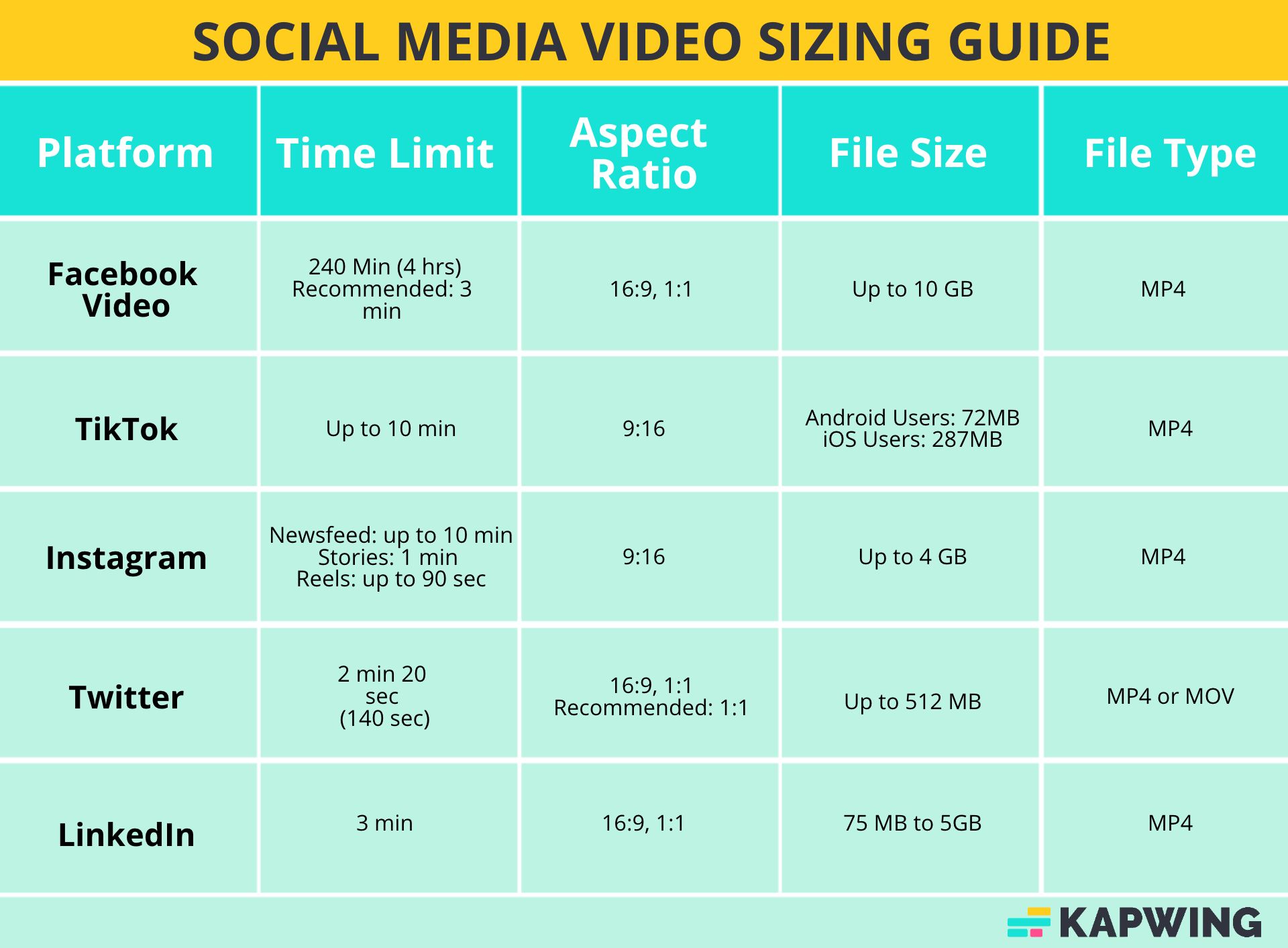In an epoch characterized by instantaneous communication and ubiquitous connectivity, the Bahá’í teachings provide a profound framework for navigating the complexities of accountability in the digital realm. Social media platforms, which are at the forefront of this digital age, offer both unprecedented opportunities for expression and engagement, as well as significant challenges regarding ethical interaction and personal responsibility. This article elucidates the Bahá’í principles that can guide adherents in fostering a morally sound approach to social media engagement while promoting a culture of accountability.
Accountability is not merely a function of social norms; it emerges from a deeper understanding of one’s responsibilities towards oneself and the community. The Bahá’í teachings emphasize the oneness of humanity, a principle that necessitates a conscientious approach to interactions with others, whether in person or online. The vast digital landscape can often obscure the boundaries between personal conduct and societal expectation, but the values articulated in the Bahá’í Faith serve as a compass for ethical digital citizenship.
First and foremost, the concept of truthfulness serves as the foundational pillar of accountability. Bahá’u’lláh, the founder of the Bahá’í Faith, extols the virtues of honesty and integrity. In the context of social media, this calls for users to actively strive for authenticity in their representations of self and others. Misinformation proliferates on these platforms at an alarming rate, often leading to the erosion of trust and community cohesion. Individuals must endeavor to verify the accuracy of the information they share, thus embodying the teaching that “Truthfulness is the foundation of all human virtues.”
Moreover, accountability in the digital age extends beyond mere truthfulness; it encompasses a commitment to respectful discourse. The Bahá’í teachings advocate for the elimination of prejudices and the promotion of unity. Engaging on social media necessitates an awareness of diverse perspectives and the capacity to engage in multifaceted dialogue. This principle is particularly salient in discussions of contentious topics, where the potential for misunderstanding is high. In navigational terms, users ought to adopt a posture of active listening—a vital skill that engenders mutual respect and understanding amidst varying views.
Furthermore, the Bahá’í perspective on service to humanity underscores the importance of channeling social media for purposes that elevate the discourse and contribute constructively to society. Social media provides an expansive platform for advocacy, education, and the promotion of social justice. When Bahá’ís utilize these platforms, they are encouraged to reflect on how their contributions can serve to uplift, empower, and enlighten others. By engaging in dialogues that highlight the shared humanity of all individuals, they exemplify a commitment to fostering an inclusive global community.
The concept of stewardship is equally relevant in discussions of accountability. Each user of social media is entrusted with the profound responsibility to safeguard not only their own digital presence but also the well-being of the online community. The Bahá’í teachings implore individuals to consider the implications of their actions; this includes assessing the potential harm that could arise from thoughtless sharing or inflammatory commentary. Every post and interaction carries significant weight, and users should consciously practice self-restraint and reflection before engaging in digital exchanges.
In this milieu, fostering positive online environments emerges as a collective responsibility—a notion underscored by the Bahá’í teachings on consultation. Effective consultation relies on mutual respect, transparency, and sincerity. Embracing these principles in online interactions can mitigate polarizing rhetoric and encourage collaborative problem-solving. Users should strive to frame their responses in a manner that promotes dialogue rather than discord, utilizing the technology as a tool for cooperation rather than contention.
The pursuit of personal accountability is also intricately tied to the understanding of one’s digital footprint. In the Bahá’í context, the importance of personal conduct extends to the digital sphere, where every interaction contributes to one’s character and ethical standing. Acknowledging that digital actions leave an indelible mark necessitates an acute awareness of the long-term consequences of online engagement. Bahá’ís are thus encouraged to cultivate mindfulness and attentiveness in their digital interactions, with an acute awareness of how these contribute to their personal and communal identity.
Additionally, the concept of growth is inherent in the Bahá’í teachings. Accountability entails a willingness to learn from one’s mistakes, to reflect upon past interactions, and to seek improvement continuously. Social media serves as both a mirror and a magnifying glass—reflecting individual behaviors and amplifying their impact. Users are encouraged to view their online presence as an opportunity for spiritual and moral development, confronting biases and assumptions while striving for greater empathy and understanding.
Ultimately, the intersection of accountability and social media in light of Bahá’í teachings promotes a holistic approach to digital citizenship. This involves not only embracing the guiding principles of truth, respect, and service but also fostering a reflexive practice that prioritizes community well-being. In an age where online interactions increasingly shape societal narratives, the Bahá’í framework equips individuals with the moral imperatives necessary for fostering a benevolent digital landscape. As users navigate their online engagements, adhering to these principles can cultivate a more equitable and harmonious society—one post, one dialogue, and one compassionate interaction at a time.
